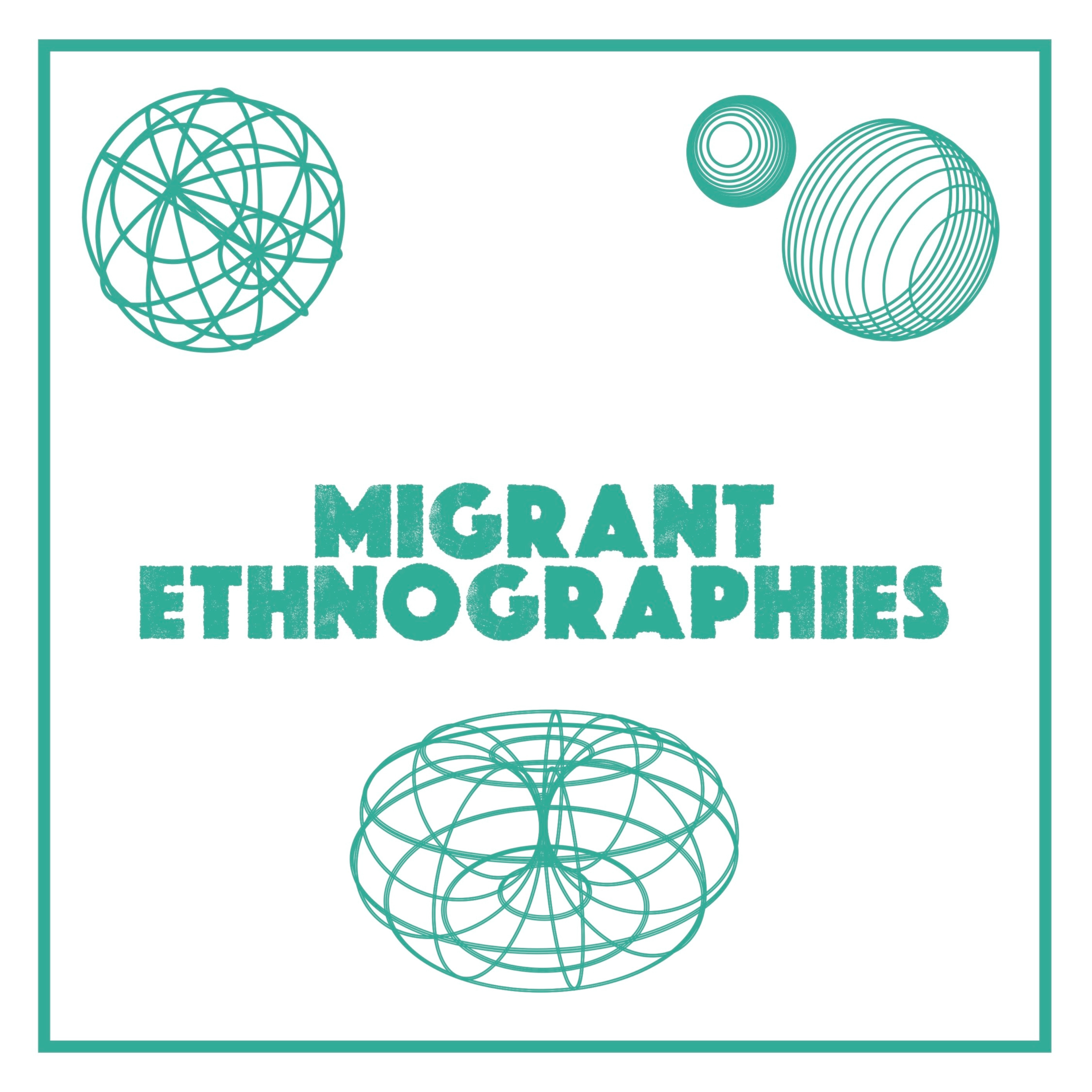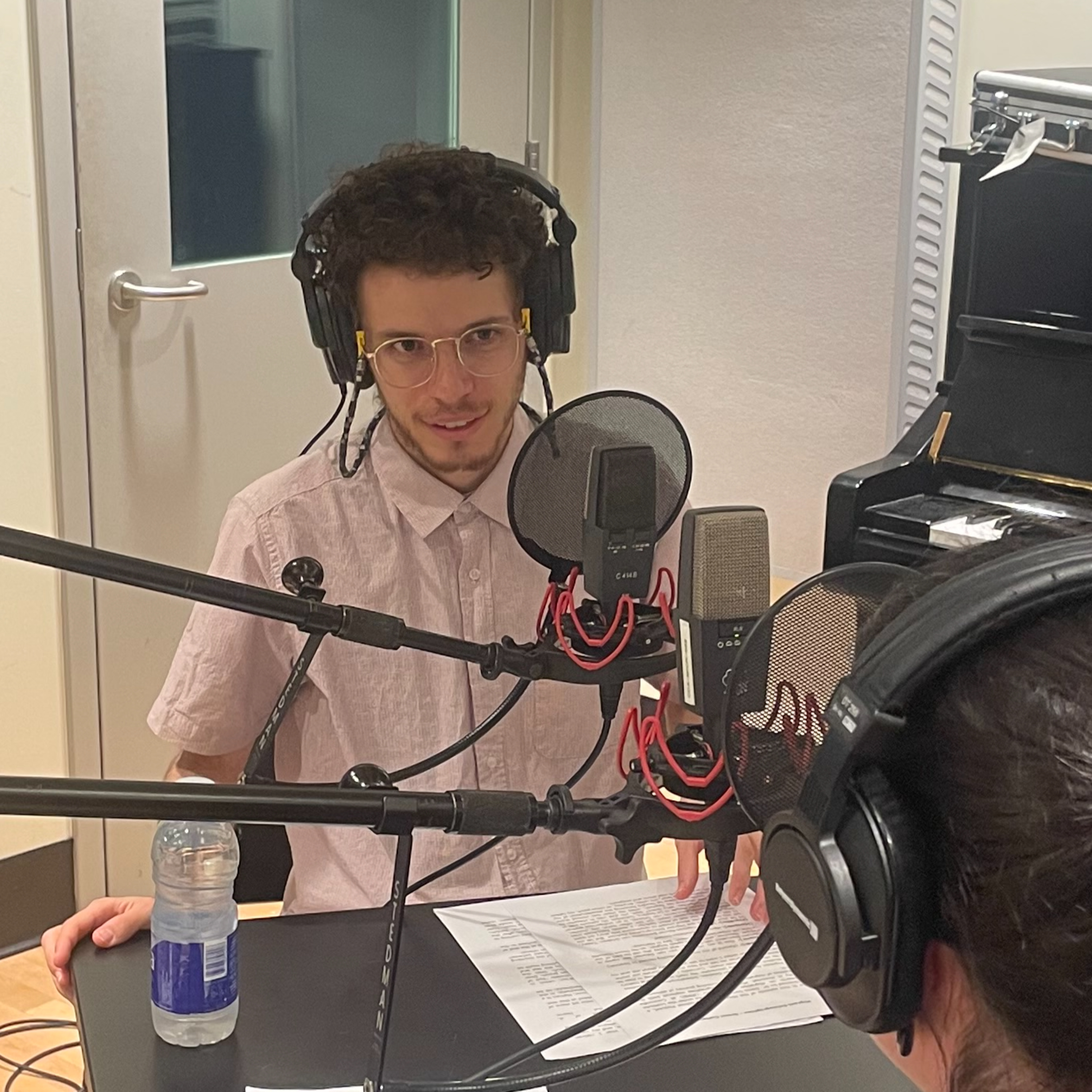Migrant Ethnographies

Migrant Ethnographies
Podcast Description
Through stories, practices, and grounded theories, Migrant Ethnographies explores the lived realities of migration and the evolving journey of ethnographic research. Each podcast episode is recorded by a Concordia University graduate student who works on a topic related to migration, with guidance from Dr. Deniz Duruiz. Our guests include academics, graduate and undergraduate research assistants, community activists, artists, curators, musicians, and other researchers who employ ethnographic and qualitative research methods.
Podcast Insights
Content Themes
The podcast delves into various aspects of migration, ethnographic practices, and the intersection of cultural psychiatry and social contexts, with episodes like 'Ethnography as a Clinical Tool' exploring patient-centered ethnography and the therapeutic dimensions of narrative history among migrants.

Through stories, practices, and grounded theories, Migrant Ethnographies explores the lived realities of migration and the evolving journey of ethnographic research. Each podcast episode is recorded by a Concordia University graduate student who works on a topic related to migration, with guidance from Dr. Deniz Duruiz. Our guests include academics, graduate and undergraduate research assistants, community activists, artists, curators, musicians, and other researchers who employ ethnographic and qualitative research methods.
This episode follows Franklin Reynel Bonivento van Grieken as he narrates two connected stories from his family history. Franklin guides listeners through his mother Asseneth’s moves from La Guajira to Medellín and then Bogotá, placing her experiences within the political climate of 1990s Colombia. Asseneth’s parts are voiced by Franklin’s friend Manuela Ochoa.
Franklin explores the commercial and migratory dynamics of Maicao, including the presence of Arab merchant communities and their ties to the region. The episode outlines how these histories shaped his mother’s path and eventually the circumstances he grew up in.
About the Host:
A Humanities PhD candidate at Concordia with a background in anthropology and history, Franklin explores themes of migration, cultural identity, and displacement. As a Wayuu Indigenous descendant and experienced podcaster, his work combines personal narratives with interdisciplinary inquiry.
Podcast Theme Music:
Many thanks to Moneka Arabic Jazz and Lulaworld Records for allowing us to use the song Mail Shougle as our podcast theme music.
Share your comments:
We’d love to hear from you! Share your comments, ideas, or proposals at [email protected]
Special thanks to Concordia University and the IRMS:
Special thanks to the Institute for Research on Migration and Society (IRMS) for hosting the podcast, to the Ethnography Lab for studio access, and to the Concordia University Faculty Research Development Program (FRDP) for funding this project.

Disclaimer
This podcast’s information is provided for general reference and was obtained from publicly accessible sources. The Podcast Collaborative neither produces nor verifies the content, accuracy, or suitability of this podcast. Views and opinions belong solely to the podcast creators and guests.
For a complete disclaimer, please see our Full Disclaimer on the archive page. The Podcast Collaborative bears no responsibility for the podcast’s themes, language, or overall content. Listener discretion is advised. Read our Terms of Use and Privacy Policy for more details.